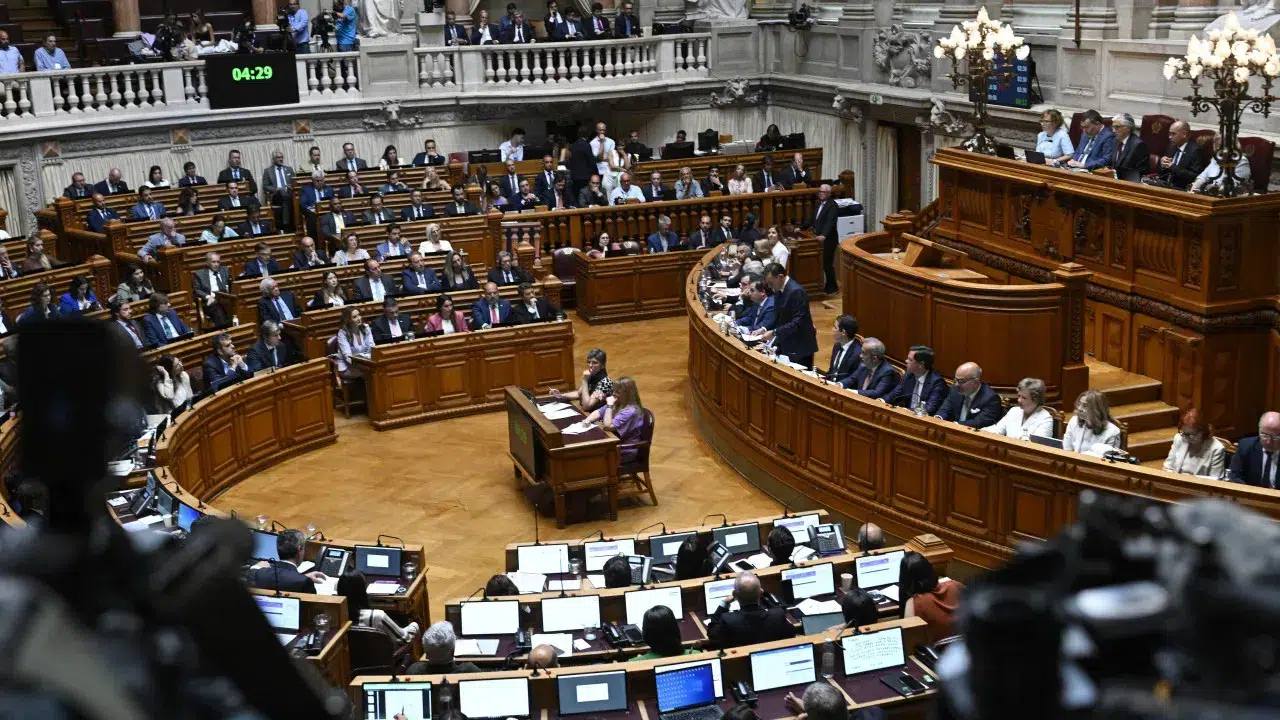
During a parliamentary debate on the Government Program, socialist deputy Luís Dias assured the executive of the PS’s support for Defense challenges if they are met with an “open, serious, and loyal posture.” He commended Portugal’s alignment with NATO’s Defense investment goals but also voiced criticism and called for more responses.
“We agree with this vision. The advancement of the 2% of GDP Defense target to this year meets our NATO obligations (…) although it was never emphasized during the campaign nor in the AD’s electoral program. It remains unclear how the Government plans to achieve this goal this year. The program of Government lacks details on this,” he stated.
The deputy also expressed the hope that Defense investments would go beyond the “classification of existing spending” in areas such as civil protection or internal security and lead to the “creation of a State-mobilized military industrial plan” and mobilize the scientific system and small and medium enterprises.
“We advocate for the creation of a true ecosystem for national Defense industries. For this aim to be consensual, we need to speak with transparency, rigor, and without accounting artifices,” he added.
The socialist also highlighted the “financial sustainability” issue to achieve this Defense spending increase, stressing the importance of ensuring the “maintenance of the national social state model and the creation of a favorable environment for the national security and defense industry.”
Luís Dias further considered it a “bad principle” that the Government Program does not mention the “strategic concept of National Defense,” which was approved in parliament and “was in progress” by the previous executive. He advocated for revising the military programming law by 2025 to adapt it “to the new demands of national and international missions.”
“In summary, we face a Government Program that proposes very superficial advances, without any detail, on how the Portuguese Government plans to achieve the proposed goals. A program relying on vagueness and superficiality as if governing were an exercise in divination rather than a commitment to responsibilities,” he concluded.




